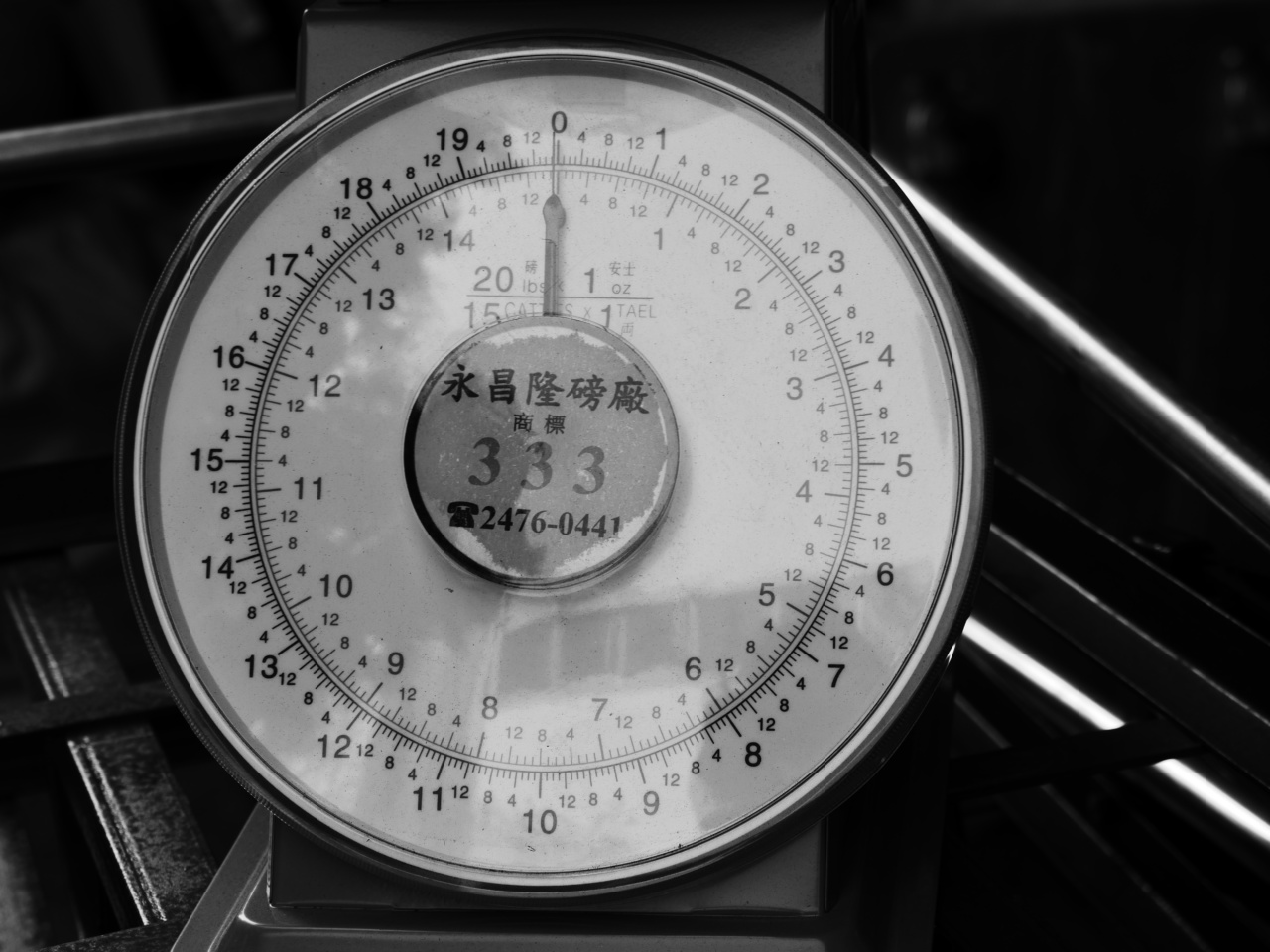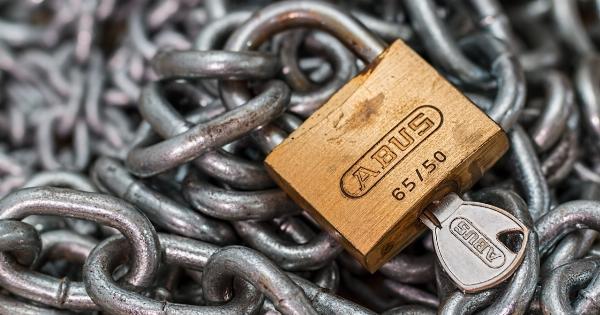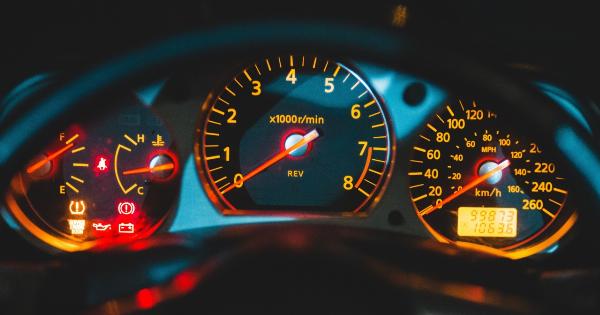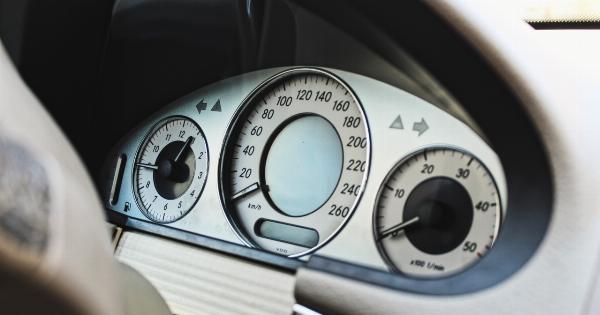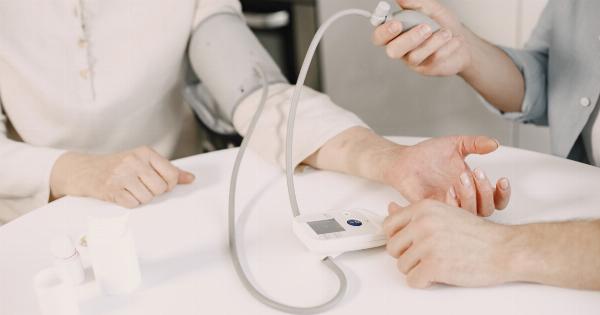In the world of engineering and physics, measuring pressure is an essential tool in determining the performance of machines and the safety of structures. The primary reason is to ensure that they work efficiently and reliably.
The importance of this task cannot be underestimated, as even small variations in pressure measurements can lead to significant errors in judgment and catastrophic consequences. This article aims to explore the significance of accuracy and precision in measuring pressure and how it has become an essential aspect of various industries.
What is Pressure?
Before delving into the importance of measuring pressure, it is essential to know what it means. Pressure is the amount of force applied per unit area of the surface. It is a physical expression of a stress caused by a load being applied to a surface.
The standard unit of pressure is Pascal (Pa), and it is calculated by dividing the force exerted upon an area or surface.
Why is Pressure Measured?
Pressure measurements are critical to maintaining the operational efficiency and safety of various machines and structures. In other words, it acts as a vital control parameter in various industrial processes and systems.
If pressure is too high or too low in these systems, it can result in several problems, including equipment breakdown, unsafe working conditions, and even catastrophic accidents. Therefore, measuring pressure is essential to maintaining optimum performance levels and reducing risks in the workplace.
Accuracy and Precision in Pressure Measurement
Accuracy and precision are two essential elements of pressure measurement. Accuracy refers to how close a measurement is to its true value, while precision refers to the repeatability of a measurement.
The higher the accuracy, the closer the measured value is to the true value. On the other hand, high precision shows that the measurement values are clustered around a central point. As a result, accuracy and precision are crucial aspects of pressure measurement in ensuring the reliability and consistency of results.
Factors Affecting Pressure Measurement Accuracy and Precision
Several factors can influence the accuracy and precision of pressure measurements. These include the following:.
- The type of pressure sensor used
- The calibration of the measuring instrument
- The temperature of the measurement environment
- The condition of the pressure transducer and the materials used to make it
- The method used to connect the pressure transducer to the measuring instrument
It is worth noting that any errors or inaccuracies in measuring pressure can lead to technical and economic consequences for industries that depend on accurate pressure measurements.
Calibration of Pressure Transducers
Calibration refers to the process of verifying the accuracy of a measuring instrument and correcting the measurement values to match the true value.
Calibration of pressure transducers is a critical process in ensuring that pressure measurements are accurate and reliable. It is an essential aspect of maintaining the quality of pressure measurements throughout their lifespan.
The calibration process involves comparing the measurements taken by an instrument against a known standard, and any discrepancies are recorded and adjusted accordingly.
Applications of Pressure Measurement
Pressure measurement plays a critical role in various industrial and engineering applications. Some of the main applications include the following:.
- In the automotive industry, pressure gauges are used to measure the pressure in engines, tires, and brake systems.
- In aerospace, pressure sensors are used to ensure the safety of onboard systems and components, such as engines, fuel tanks, and hydraulic systems.
- In the industrial process, pressure transducers are used to monitor the pressure in pipes, tanks, boilers, and other vessels, ensuring that they operate efficiently and safely.
- In the medical industry, pressure sensors are used to monitor blood pressure, respiratory systems, and fluid levels.
- In the construction industry, pressure measurement is used to monitor soil stability, water pressure, and building strength.
Conclusion
In conclusion, measuring pressure accurately and precisely is an essential aspect of maintaining the performance and safety of various machines and structures.
The importance of this task cannot be underestimated, as even small variations in pressure measurements can lead to significant errors in judgment and catastrophic consequences. Therefore, it is critical to use calibrated instruments and take into consideration various factors that may affect accuracy and precision.
Only by doing so can we ensure that the machines, structures, and systems we rely on work efficiently and safely.
